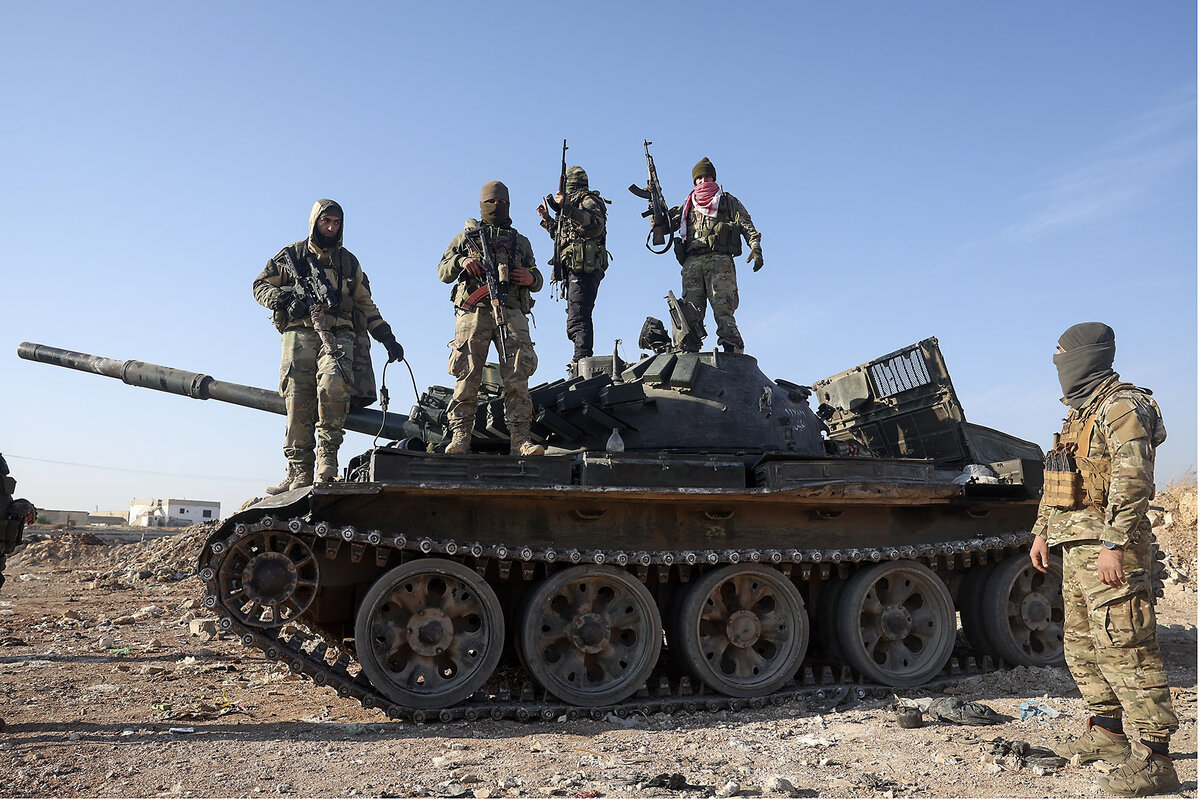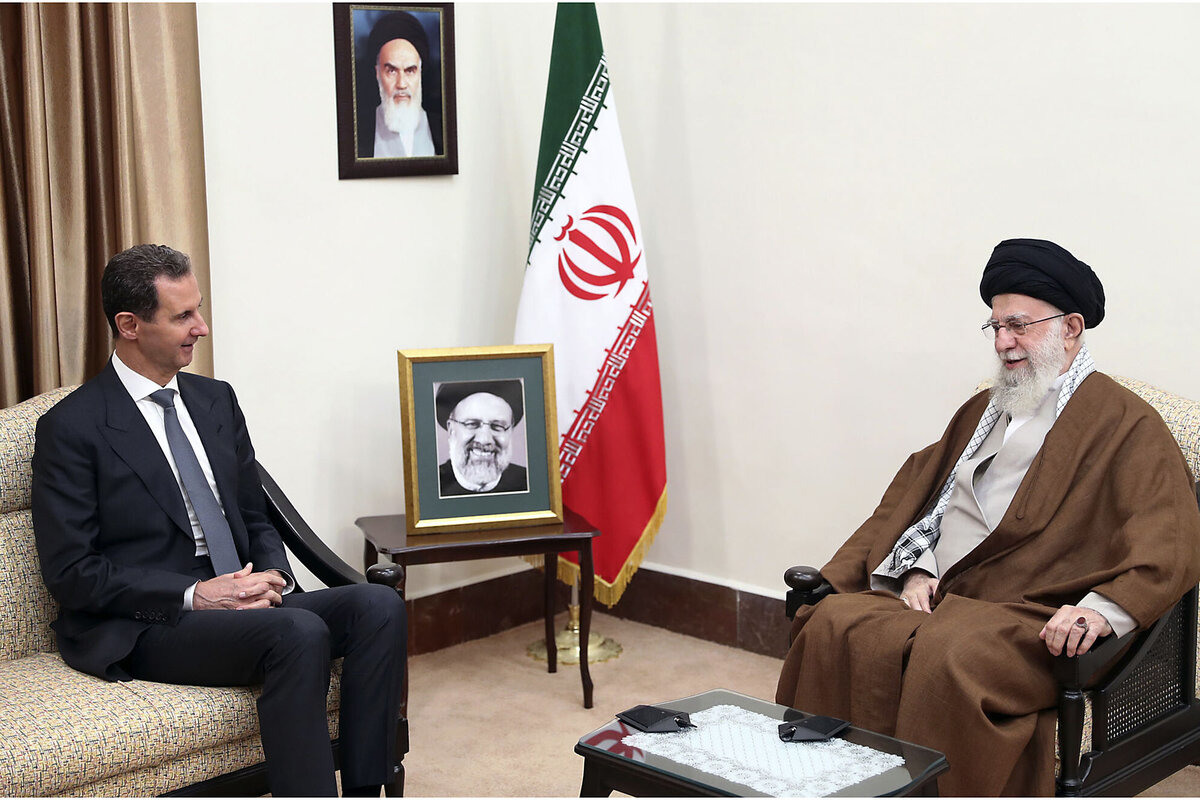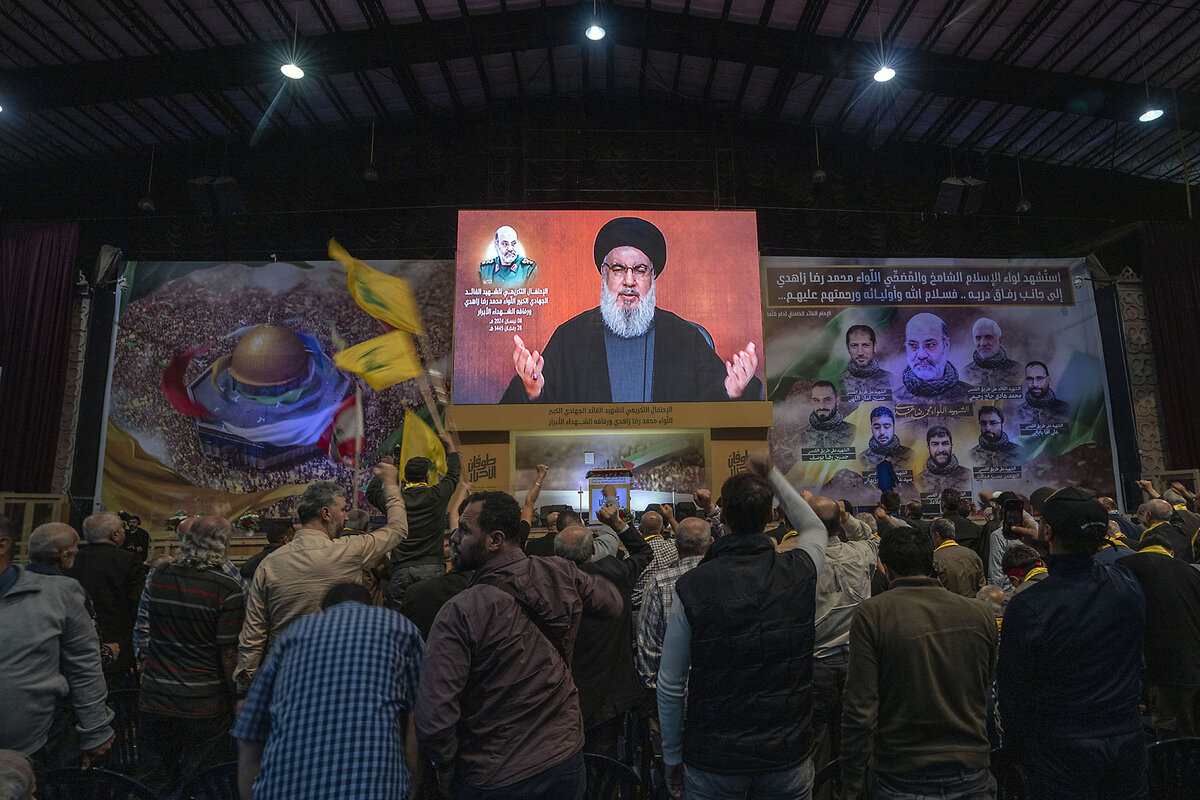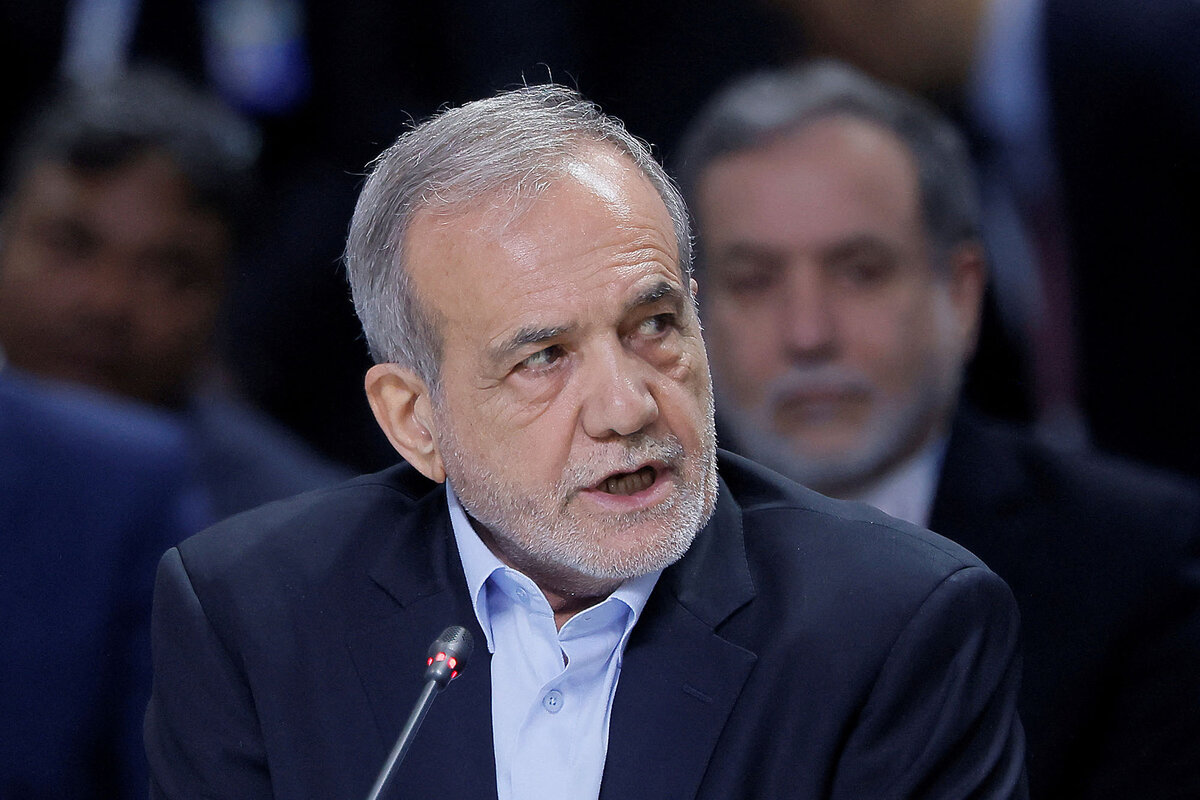Afghanistan’s Sufis Are Under Attack
Recent bombing of a mosque in Kabul shows the growing security problems facing the Taliban government
Afghan followers of Sufism recite poetic verses from the Koran at the Pahlawan Mosque in Kabul, Afghanistan / Robert Nickelsberg / Getty Images
As I passed through my final years of high school in Kabul, it did not cross my mind that I might be able to go on and study at university. My father had just died from a long illness and, like so many Afghan teenagers, I was already thinking about how I might be able to support my family. We were poor enough that I had only one set of shirt and trousers to wear to my last two years of classes, so I knew I would have to find a job sooner rather than later.
I graduated from school in 2006 and, although times were tough on a personal level, there was a sense of optimism in much of the country back then. It’s true that security was starting to deteriorate, but memories of the 1990s civil war were still fresh in everyone’s minds, and there was a widespread belief that the international community would not abandon Afghanistan again.
After trying and failing to find a job with various NGOs for reasons none of them cared to explain, I was persuaded by one of my younger brothers to visit a local Sufi — “tasawwuf” — mosque in the hope that it might change my luck. I must admit that I initially laughed at his suggestion, not because I disliked Sufis but because I was skeptical of any practices that went against my belief in the more traditional tenets of Islam. I regard myself as a socially progressive Muslim who shows his devotion to God in conventional ways. I could not see how a visit to this particular mosque might be any better for me than praying in my usual mosque or at home. In the end, however, I agreed to go there to boost the morale of my brother and mother.
We cycled to the Khalifa Sahib mosque in Aladdin, a neighborhood in west Kabul near Parliament and the American University, and sat down to talk to one of its scholarly custodians. I remember him being a kind man who listened quietly from under his flat white turban as I explained about my futile search for a job. He then took out some paper talismans and told my brother to burn or smoke one at night. Another one he gave us was to be put in a glass of water, dissolved and drunk the next morning.
We obeyed his instructions and, while my luck didn’t change in the short term, it did eventually. I later found work as a journalist and graduated with a degree in Islamic law from Kabul University. I do not attribute this change in fortune to the Sufi mosque, but I have always looked back on that visit with fondness. I was a young man — a boy, really — going through a hard time, and it meant a lot to me to receive the kindness of a stranger, however eccentric his advice might have been.
Unfortunately, this memory of a more innocent time has taken on a melancholy hue in recent weeks. On April 29 an explosion ripped through that same Sufi mosque after Friday prayers. At least 10 people, and perhaps more than 50, were killed. There is confusion about whether the blast was a suicide attack or the result of a bomb planted at the scene, but it was not an isolated incident. A week earlier, on April 22, the Mawlawi Sekander Sufi mosque in the northern city of Kunduz was hit by a similar attack that killed at least 33 people and wounded dozens more. The Islamic State group claimed responsibility for that blast and is also believed to have been behind the bloodshed in Kabul. With Shia Muslims as well as Sufis being increasingly targeted, it is clear that attempts are underway to ignite a sectarian war in Afghanistan. History suggests this will not work, but nothing is certain anymore.
Sufism has roots in this country that are far older than the kind of ideology practiced by the Islamic State. While Afghans are often wary of its more esoteric aspects — such as the way worshipers engage in “dhikr” (chanting) to show their devotion to God — its mysticism has traditionally been a source of comfort for many people here. The sick visit Sufi shrines in search of cures for cancer or depression; infertile women go to them looking for the miracle they need to have a child. This has started to change in recent years and of course it would be better if everyone trusted in science, but it seems churlish to rebuke Afghans for finding hope wherever they can. During times of darkness we occasionally need artificial light.
Sufism is not a sect or a type of jurisprudence but a form of Islamic belief that emphasizes the mystical, peaceful aspects of our religion and prioritizes inner contemplation. As far as the Islamic State is concerned, this is enough to make Sufis idolators. But attacks such as the one on April 29 in Kabul are attacks on the heritage and culture of all Afghans. We do not have to be Sufis to understand and appreciate the role that Sufism has played in our history.
There are four main Sufi orders in Afghanistan and the wider region: the Chishti, the Qadiriyya, the Suhrawardiyya and the Naqshbandi. The Chishti originated near Herat in western Afghanistan, and some of our greatest poets were Sufis. The most famous of them, Jalaluddin Rumi, was born in Balkh in northern Afghanistan in the early 13th century. The United Nations cultural agency (UNESCO) celebrated his work in 2007, the same year I went to the Sufi mosque in Kabul. The U.N. secretary-general at the time, Ban Ki-moon, described Rumi’s work as “timeless” and praised his “humanist philosophy.” We Afghans also claim Abdur Rahman Baba, a 15th- and 16th-century Sufi poet from Peshawar, as one of our own and continue to draw inspiration from his writing.
Afghan Sufis fought against the Soviet occupation of our country in the 1980s, just like more hardline jihadists. Three of the seven Sunni mujahedeen parties during that time were led by Sufis. They may not have been as militarily effective as their rivals, but their followers still made enormous sacrifices in the name of defending Afghanistan and Islam.
Although the Taliban’s relationship with the Sufi community is complex, it is certainly not openly hostile. Afghan Sufi scholars have been vocal in their support for the current government and often refer to Sirajuddin Haqqani, the minister of interior, using the honorific “Khalifa” — a title traditionally given to Sufi disciples who reach scholarly levels of enlightenment. The respect seems both genuine and mutual, and it is arguably a good example of the compromises we Afghans need to make if we want our country to move forward. The shamans who always used to roam around Kabul collecting alms are no longer visible on the streets and seem to have been discouraged from carrying out their rituals in public since the Taliban’s takeover, but that is the only sign I have noticed of the Islamic Emirate possibly acting against Sufism.
This cordial relationship between the government and the Sufi community may be only a small cause for optimism, but it is worth noting. Given the increased activity of the Islamic State of late and the criticisms that have rightly been leveled at some of the Taliban’s more repressive social policies, we need to recognize that there is still some cause for hope. Whether this can be built on may well depend on whether security gets significantly worse.
A month after the attack on the Sufi mosque in Kabul, the Taliban marked the sixth anniversary of the death of their former leader, Mullah Akhtar Mohammad Mansour, who was killed by a U.S. drone strike in Pakistan in 2016. To honor his memory, several senior officials attended a commemorative event on May 22 in a wedding hall in Kabul, the kind of place that would once have been the scene of raucous late-night parties. Although the atmosphere was measured, the meeting was revolutionary in its own way. The former head of the Taliban’s political office in Doha and current deputy foreign minister, Sher Mohammad Abbas Stanikzai, used the occasion to call for girls’ schools to be reopened and for women’s rights to be respected. Even that meeting, however, was not allowed to pass peacefully. An explosion hit several vehicles parked outside, causing unknown numbers of casualties. This time a group calling itself the National Liberation Front claimed responsibility. Exactly who they are and what they want is unclear.
These kinds of mysterious attacks took place regularly under the governments of Hamid Karzai and Ashraf Ghani, and the Taliban will be keen to ensure they do not get out of hand. This spring we have often been without electricity in Kabul because the pylons in the north of the country that supply the city are being routinely targeted in sabotage operations. On the streets here no one is quite sure whether to blame rebel groups linked to the old Northern Alliance or hostile states — or, perhaps, both. Even as I write these lines at home now, I have just heard an explosion in the near distance. I will wait for the sound of ambulance sirens or a call from a friend or relative to find out if anyone was hurt.
As I passed through my final years of high school in Kabul, it did not cross my mind that I might be able to go on and study at university. My father had just died from a long illness and, like so many Afghan teenagers, I was already thinking about how I might be able to support my family. We were poor enough that I had only one set of shirt and trousers to wear to my last two years of classes, so I knew I would have to find a job sooner rather than later.
I graduated from school in 2006 and, although times were tough on a personal level, there was a sense of optimism in much of the country back then. It’s true that security was starting to deteriorate, but memories of the 1990s civil war were still fresh in everyone’s minds, and there was a widespread belief that the international community would not abandon Afghanistan again.
After trying and failing to find a job with various NGOs for reasons none of them cared to explain, I was persuaded by one of my younger brothers to visit a local Sufi — “tasawwuf” — mosque in the hope that it might change my luck. I must admit that I initially laughed at his suggestion, not because I disliked Sufis but because I was skeptical of any practices that went against my belief in the more traditional tenets of Islam. I regard myself as a socially progressive Muslim who shows his devotion to God in conventional ways. I could not see how a visit to this particular mosque might be any better for me than praying in my usual mosque or at home. In the end, however, I agreed to go there to boost the morale of my brother and mother.
We cycled to the Khalifa Sahib mosque in Aladdin, a neighborhood in west Kabul near Parliament and the American University, and sat down to talk to one of its scholarly custodians. I remember him being a kind man who listened quietly from under his flat white turban as I explained about my futile search for a job. He then took out some paper talismans and told my brother to burn or smoke one at night. Another one he gave us was to be put in a glass of water, dissolved and drunk the next morning.
We obeyed his instructions and, while my luck didn’t change in the short term, it did eventually. I later found work as a journalist and graduated with a degree in Islamic law from Kabul University. I do not attribute this change in fortune to the Sufi mosque, but I have always looked back on that visit with fondness. I was a young man — a boy, really — going through a hard time, and it meant a lot to me to receive the kindness of a stranger, however eccentric his advice might have been.
Unfortunately, this memory of a more innocent time has taken on a melancholy hue in recent weeks. On April 29 an explosion ripped through that same Sufi mosque after Friday prayers. At least 10 people, and perhaps more than 50, were killed. There is confusion about whether the blast was a suicide attack or the result of a bomb planted at the scene, but it was not an isolated incident. A week earlier, on April 22, the Mawlawi Sekander Sufi mosque in the northern city of Kunduz was hit by a similar attack that killed at least 33 people and wounded dozens more. The Islamic State group claimed responsibility for that blast and is also believed to have been behind the bloodshed in Kabul. With Shia Muslims as well as Sufis being increasingly targeted, it is clear that attempts are underway to ignite a sectarian war in Afghanistan. History suggests this will not work, but nothing is certain anymore.
Sufism has roots in this country that are far older than the kind of ideology practiced by the Islamic State. While Afghans are often wary of its more esoteric aspects — such as the way worshipers engage in “dhikr” (chanting) to show their devotion to God — its mysticism has traditionally been a source of comfort for many people here. The sick visit Sufi shrines in search of cures for cancer or depression; infertile women go to them looking for the miracle they need to have a child. This has started to change in recent years and of course it would be better if everyone trusted in science, but it seems churlish to rebuke Afghans for finding hope wherever they can. During times of darkness we occasionally need artificial light.
Sufism is not a sect or a type of jurisprudence but a form of Islamic belief that emphasizes the mystical, peaceful aspects of our religion and prioritizes inner contemplation. As far as the Islamic State is concerned, this is enough to make Sufis idolators. But attacks such as the one on April 29 in Kabul are attacks on the heritage and culture of all Afghans. We do not have to be Sufis to understand and appreciate the role that Sufism has played in our history.
There are four main Sufi orders in Afghanistan and the wider region: the Chishti, the Qadiriyya, the Suhrawardiyya and the Naqshbandi. The Chishti originated near Herat in western Afghanistan, and some of our greatest poets were Sufis. The most famous of them, Jalaluddin Rumi, was born in Balkh in northern Afghanistan in the early 13th century. The United Nations cultural agency (UNESCO) celebrated his work in 2007, the same year I went to the Sufi mosque in Kabul. The U.N. secretary-general at the time, Ban Ki-moon, described Rumi’s work as “timeless” and praised his “humanist philosophy.” We Afghans also claim Abdur Rahman Baba, a 15th- and 16th-century Sufi poet from Peshawar, as one of our own and continue to draw inspiration from his writing.
Afghan Sufis fought against the Soviet occupation of our country in the 1980s, just like more hardline jihadists. Three of the seven Sunni mujahedeen parties during that time were led by Sufis. They may not have been as militarily effective as their rivals, but their followers still made enormous sacrifices in the name of defending Afghanistan and Islam.
Although the Taliban’s relationship with the Sufi community is complex, it is certainly not openly hostile. Afghan Sufi scholars have been vocal in their support for the current government and often refer to Sirajuddin Haqqani, the minister of interior, using the honorific “Khalifa” — a title traditionally given to Sufi disciples who reach scholarly levels of enlightenment. The respect seems both genuine and mutual, and it is arguably a good example of the compromises we Afghans need to make if we want our country to move forward. The shamans who always used to roam around Kabul collecting alms are no longer visible on the streets and seem to have been discouraged from carrying out their rituals in public since the Taliban’s takeover, but that is the only sign I have noticed of the Islamic Emirate possibly acting against Sufism.
This cordial relationship between the government and the Sufi community may be only a small cause for optimism, but it is worth noting. Given the increased activity of the Islamic State of late and the criticisms that have rightly been leveled at some of the Taliban’s more repressive social policies, we need to recognize that there is still some cause for hope. Whether this can be built on may well depend on whether security gets significantly worse.
A month after the attack on the Sufi mosque in Kabul, the Taliban marked the sixth anniversary of the death of their former leader, Mullah Akhtar Mohammad Mansour, who was killed by a U.S. drone strike in Pakistan in 2016. To honor his memory, several senior officials attended a commemorative event on May 22 in a wedding hall in Kabul, the kind of place that would once have been the scene of raucous late-night parties. Although the atmosphere was measured, the meeting was revolutionary in its own way. The former head of the Taliban’s political office in Doha and current deputy foreign minister, Sher Mohammad Abbas Stanikzai, used the occasion to call for girls’ schools to be reopened and for women’s rights to be respected. Even that meeting, however, was not allowed to pass peacefully. An explosion hit several vehicles parked outside, causing unknown numbers of casualties. This time a group calling itself the National Liberation Front claimed responsibility. Exactly who they are and what they want is unclear.
These kinds of mysterious attacks took place regularly under the governments of Hamid Karzai and Ashraf Ghani, and the Taliban will be keen to ensure they do not get out of hand. This spring we have often been without electricity in Kabul because the pylons in the north of the country that supply the city are being routinely targeted in sabotage operations. On the streets here no one is quite sure whether to blame rebel groups linked to the old Northern Alliance or hostile states — or, perhaps, both. Even as I write these lines at home now, I have just heard an explosion in the near distance. I will wait for the sound of ambulance sirens or a call from a friend or relative to find out if anyone was hurt.
Fazelminallah Qazizai is the Afghanistan correspondent at New Lines
June 1, 2022
“Letter from Kabul” is a newsletter in which our contributors provide their own unique glimpses into life on the ground in Taliban-controlled Afghanistan
SEE
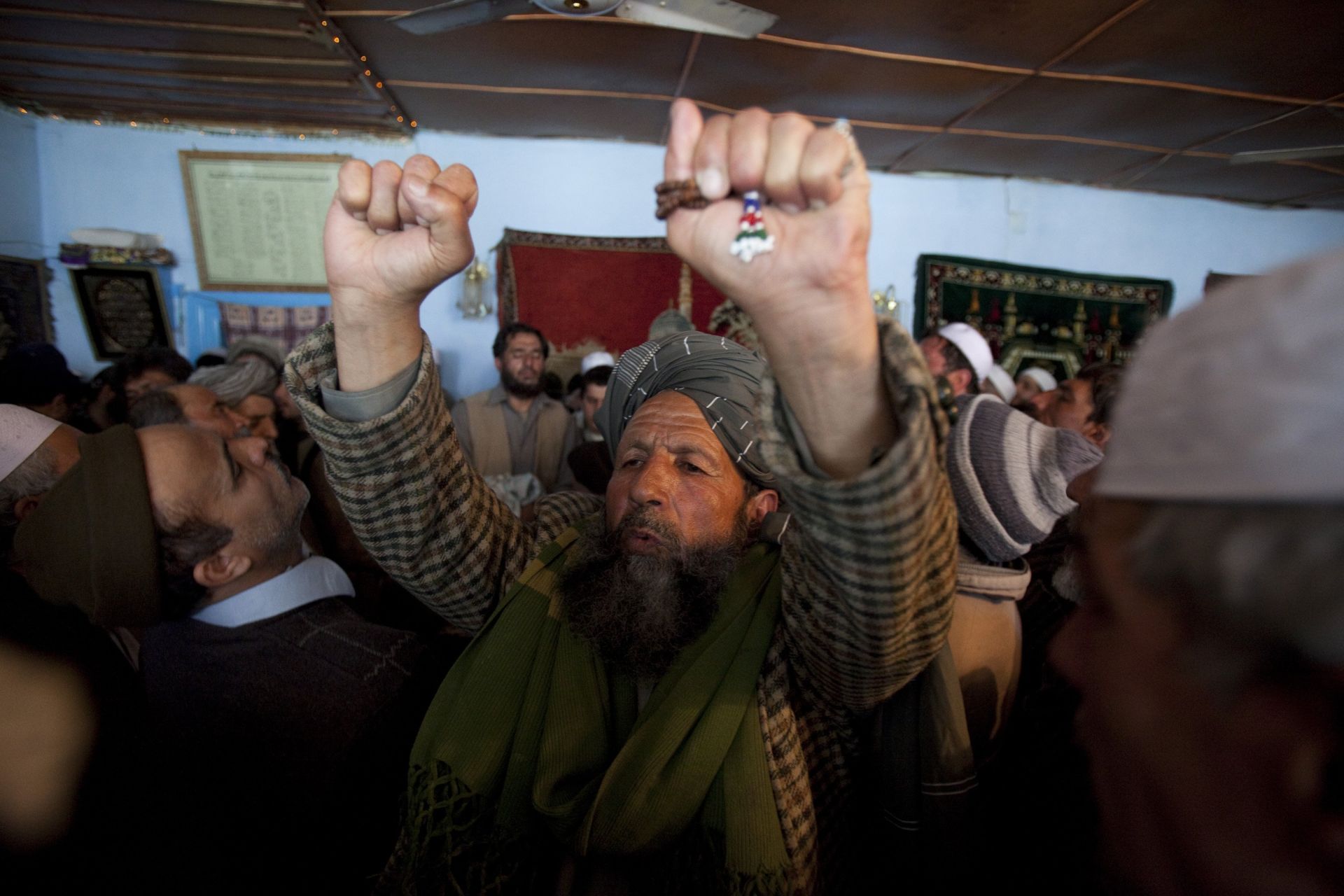






 11:54© FRANCE 24
11:54© FRANCE 24

